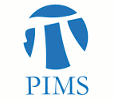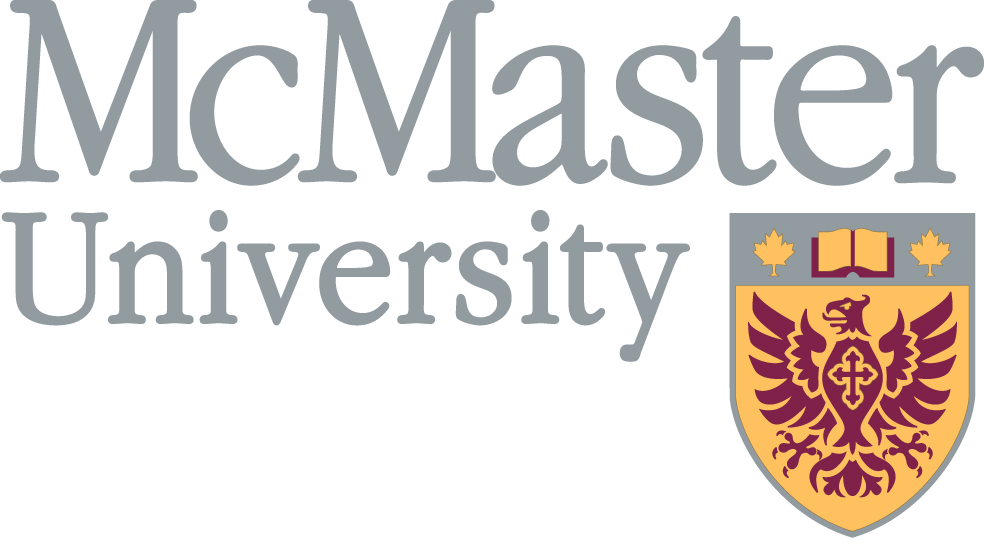Réunion d'hiver SMC 2016
Niagara Falls, 2 - 5 décembre 2016
- LUC BELAIR, UQAM
Recognizable sets of power series over a finite field [PDF]
-
Consider the alphabet given by a finite field $F$ and the languages of infinite words over this alphabet. Then the languages which are $\omega$-recognizable by automata correspond to the sets definable in the additive group of formal power series over $F$ enriched with some natural predicates.
- BARBARA CSIMA, University of Waterloo
Degrees of Categoricity on a Cone [PDF]
-
A degree of categoricity is, roughly speaking, the Turing degree of difficulty of computing isomorphisms between all computable copies of a given computable structure. Not all computable structures have a degree of categoricity, and we do not have a characterization of which Turing degrees are degrees of categoricity. In this talk, we discuss the notion of a structure having a degree of categoricity on a cone, that is, having a cone in the Turing degrees where the structure has a degree of categoricity relative to every degree in the cone. When we look at degrees of categoricity on a cone, the strange behavior disappears.
- LEVON HAYKAZYAN, University of Waterloo
Constructing Quasiminimal Structures [PDF]
-
An uncountable structure is called quasiminimal if every definable set is countable or cocountable. Quasiminimal structures play an important role in nonelementary categoricity. In this talk we will explore possibilities of constructing a quasiminimal model of a given first-order theory.
- CLAUDE LAFLAMME, University of Calgary
Logic in Calgary, some recent projects [PDF]
-
We will present an overview of a few logic and combinatorial projects involving colleagues and postdoctoral fellows from Calgary, some also related to other Canadian mathematicians.
Topics include equimorphy, linear orders, trees, Ramsey Theory, and homogeneous metric and ultrametric spaces.
- MATTHEW MOORE, McMaster University
Dualizable congruence modular algebras have a cube term [PDF]
-
An early result in the theory of Natural Dualities is that an
algebra with a near unanimity (NU) term is dualizable. A converse to
this is also true: if $\mathcal{V}(\mathbb{A})$ is congruence distributive and $\mathbb{A}$ is
dualizable, then $\mathbb{A}$ has an NU term. An important generalization of the NU
term for congruence distributive varieties is the cube term for
congruence modular (CM) varieties, and it has been thought that a
similar characterization of dualizability for algebras in a CM variety
would also hold. We prove that if $\mathbb{A}$ omits tame congruence types 1 and 5
(all locally finite CM varieties omit these types) and is dualizable,
then $\mathbb{A}$ has a cube term.
- RAHIM MOOSA, Waterloo
An application of model theory to noncommutative algebra [PDF]
-
I will describe recent work, joint with Jason Bell and Omar Leon Sanchez, that uses the model theory of differentially closed fields to solve certain cases of the Dixmier-Moeglin equivalence problem for finitely generated associative algebras.
- JONNY STEPHENSON, University of Waterloo
Structures of finite computable dimension [PDF]
-
In computable structure theory, two computable structures are often considered equivalent if they are computably isomorphic. The computable dimension of a computable structure is the number of equivalence classes which its computable copies are split into under the relation of computable isomorphism. I will discuss some joint work with Barbara Csima regarding structures of finite computable dimension.
- ROSS WILLARD, University of Waterloo
J\'{o}nsson's finite basis problem for finite algebras [PDF]
-
An algebraic structure $\mathbf{A}$ in a finite signature is \emph{finitely based} if the universally satisfied equations true in $\mathbf{A}$ are logical consequences of some finite number of them. An enduring problem in universal algebra is the ongoing attempt to prove that large swaths of the landscape of finite algebraic structures are finitely based. In this lecture I will describe the current state of this project, focussing in particular on a question (still open) of Bjarni J\'{o}nsson which has generated some beautiful positive results.





